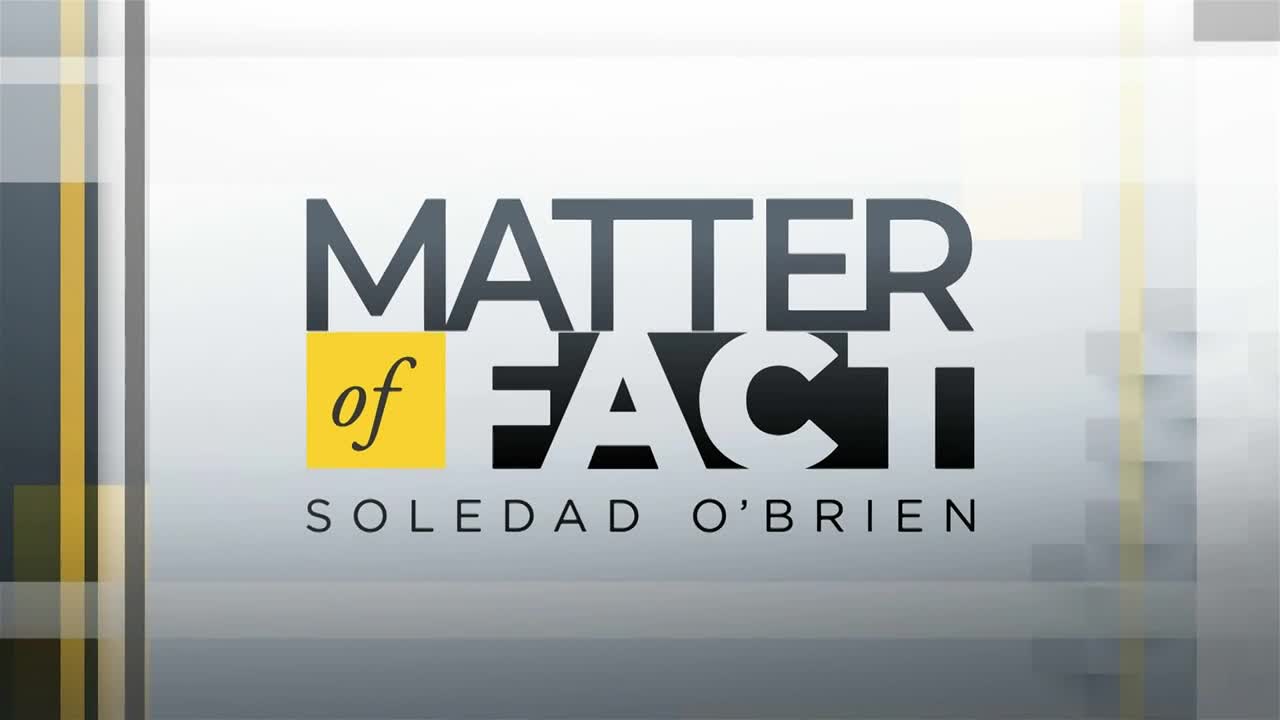
This week on Matter of Fact, Soledad O’Brien speaks with immunologist Dr. James E. K. Hildreth, president and CEO of Meharry, about why we may need to adjust our expectations if we’re hoping to see a COVID vaccine by the end of the year. Then, some 130,000 Puerto Ricans have moved to the mainland following Hurricane Maria’s destruction. Special contributor Joie Chen shows us why some believe these American voters could help turn Florida blue in November. Plus, Native American women are speaking out as they say their daughters are disappearing without a trace.
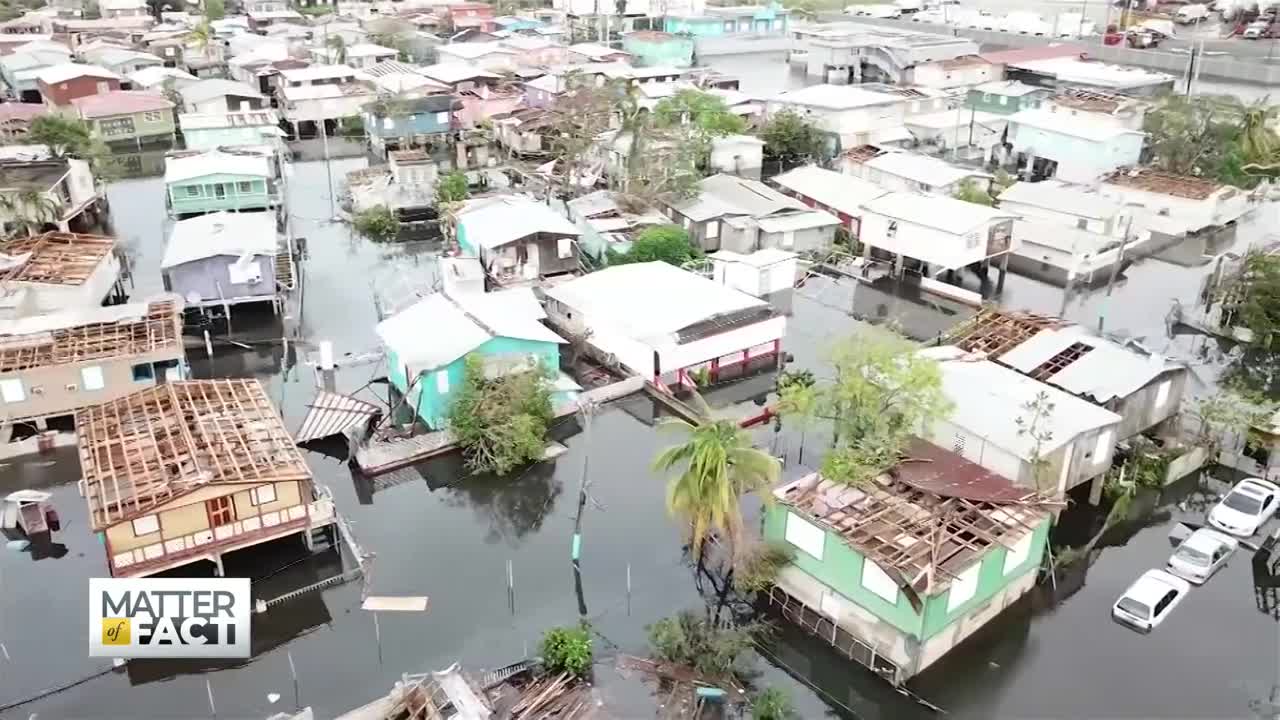
Next month will mark three years since Hurricane Maria slammed into Puerto Rico. Nearly three thousand people were killed during and after the storm, while much of the island’s infrastructure was decimated. Although the U.S. territory is still waiting for recovery relief from the federal government, many of its residents are not. Since that devastating hurricane, some 130,000 Puerto Ricans have moved to the mainland, many settling down in Central Florida. Special contributor Joie Chen shows us why some believe these American voters could help turn Florida blue in November.
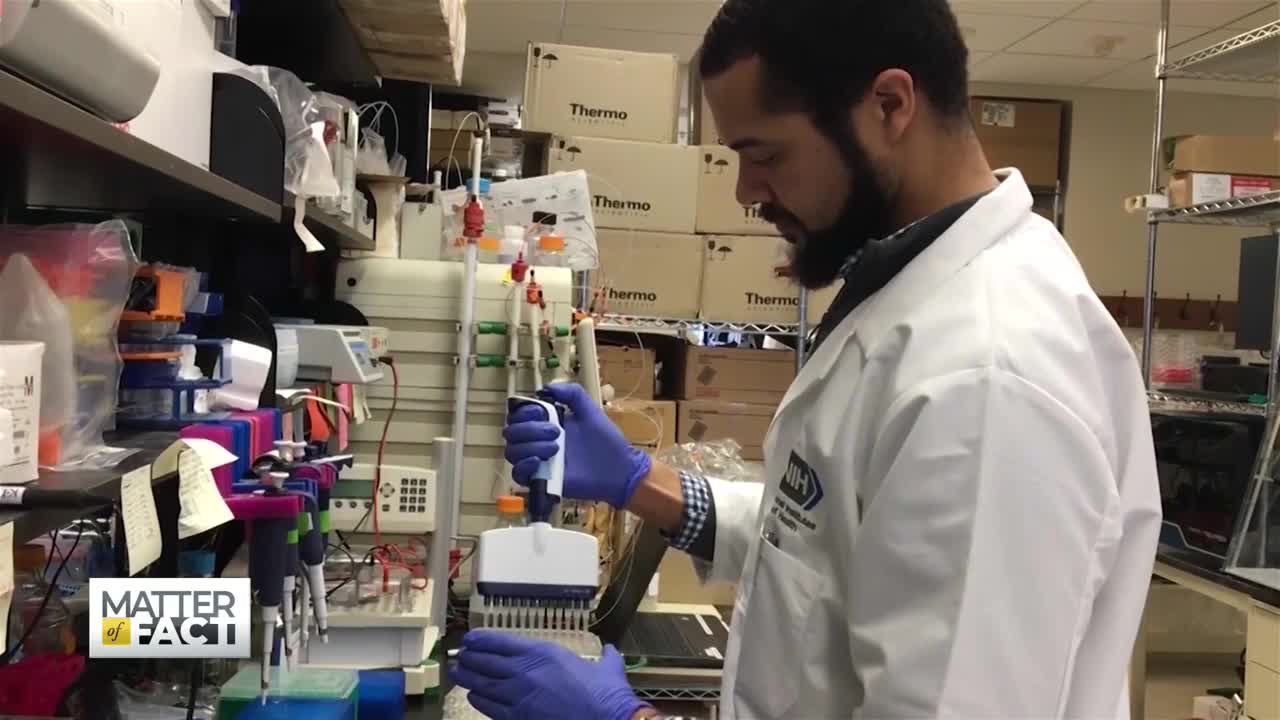
Health experts across the United States say they’re hopeful we could see a safe and effective coronavirus vaccine early next year. That would slow the spread of the virus, potentially saving millions from becoming infected, and eventually allow the country to fully reopen. But even after a vaccine is approved, there won’t be enough for everyone for everyone who wants it immediately. Meharry Medical College in Nashville is one of the dozens of institutions enrolled in “Operation Warp Speed,” the administration’s initiative to deliver 300 million doses of a vaccine by January 2021. Soledad O’Brien speaks with immunologist Dr. James E. K. Hildreth, president and CEO of Meharry, about why we may need to adjust our expectations if we’re hoping to see a vaccine by the end of the year.
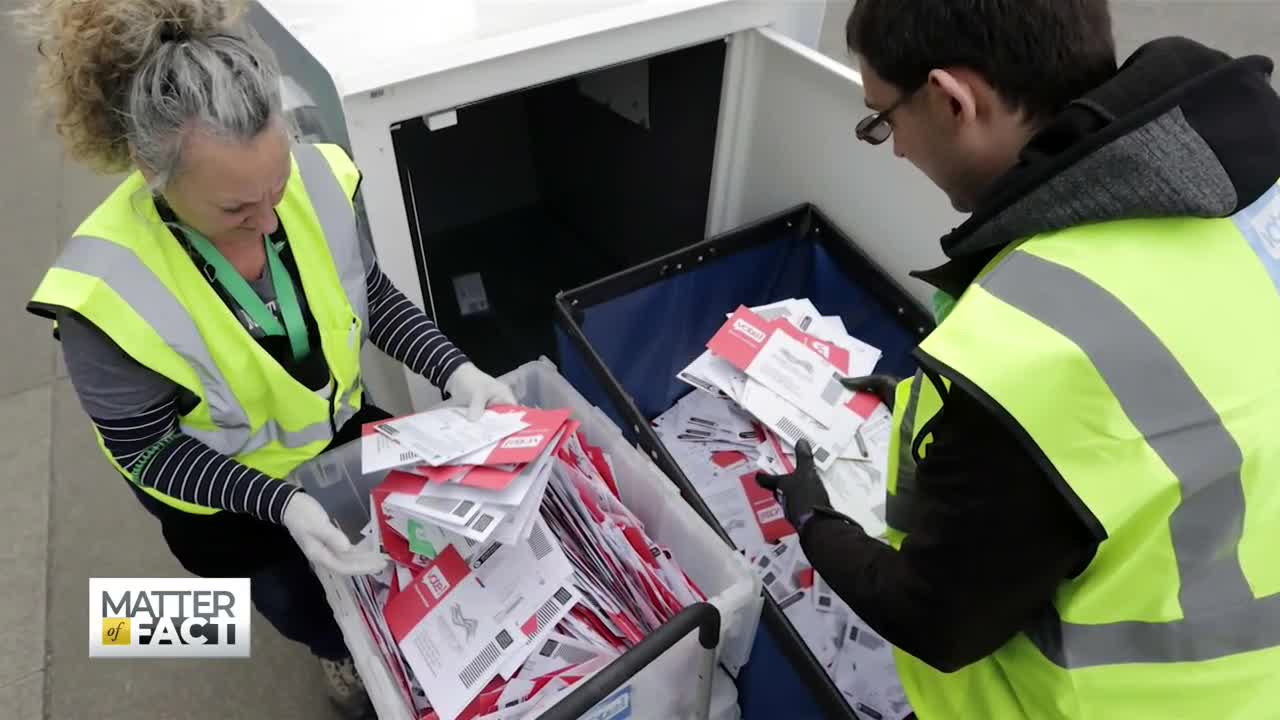
The United States is set to pick its nation’s leader for the next four years in less than 100 days. But most Americans say they’ve lost faith in our electoral process – whether that’s due to concerns over foreign interference, voter suppression, absentee ballots or other issues. Matthew Weil is the Director of the Elections Project of the Bipartisan Policy Center and he tells Soledad O’Brien, calling this year’s election will be very different.

This week on Matter of Fact, Correspondent Jessica Gomez takes us inside a rural hospital on life support. How the coronavirus pandemic could force facilities to close when residents need them the most. Then, Soledad O’Brien speaks with Dr. Vaile Wright from the American Psychological Association about what could be a mental health crisis on the horizon. Plus, democracy is set to face a big test in November. Soledad talks to Matthew Weil, from the Bipartisan Policy Center, about why calling this year’s election will be unlike any other.

Nearly half of U.S. adults say COVID-19 is affecting their mental health. That includes everything from increased anxiety and irritability to feelings of hopelessness. Meanwhile, those with chronic mental health challenges have been unable to access their normal support network – adding on to the stresses of the pandemic. Dr. Vaile Wright is the Senior Director for Health Innovation with the American Psychological Association. Soledad O’Brien talks with her about the nation’s next emerging health crisis.

This week on Matter of Fact, we show you a day in the life of a contact tracer. Meet Sivnathy Vasanthan, one of the thousands working to tell people when they’ve been exposed to COVID-19. Then, hope on the horizon for coronavirus patients. Soledad O’Brien speaks with Dr. Amesh Adalja from Johns Hopkins University about the most promising treatments available. Plus, the U.S. Postal Service is set to run out of money by the end of the year. Special Contributor Joie Chen shows us the agency past and what could happen if the money dries up. And, the role of gender in American politics. Kelly Dittmar from Rutgers University-Camden returns to discuss how a woman VP could impact the election.

Even before the coronavirus pandemic, nearly half of all rural hospitals in the United States were operating at a loss. Now, more than 450 could be forced to close their doors. That’s due in part to current restrictions on elective surgeries and outpatient procedures, drying up hospital revenue. Texas has seen more rural medical providers shut their doors in recent years than any other state. Correspondent Jessica Gomez reports from Titus County as their regional medical center is being pushed to its limits.
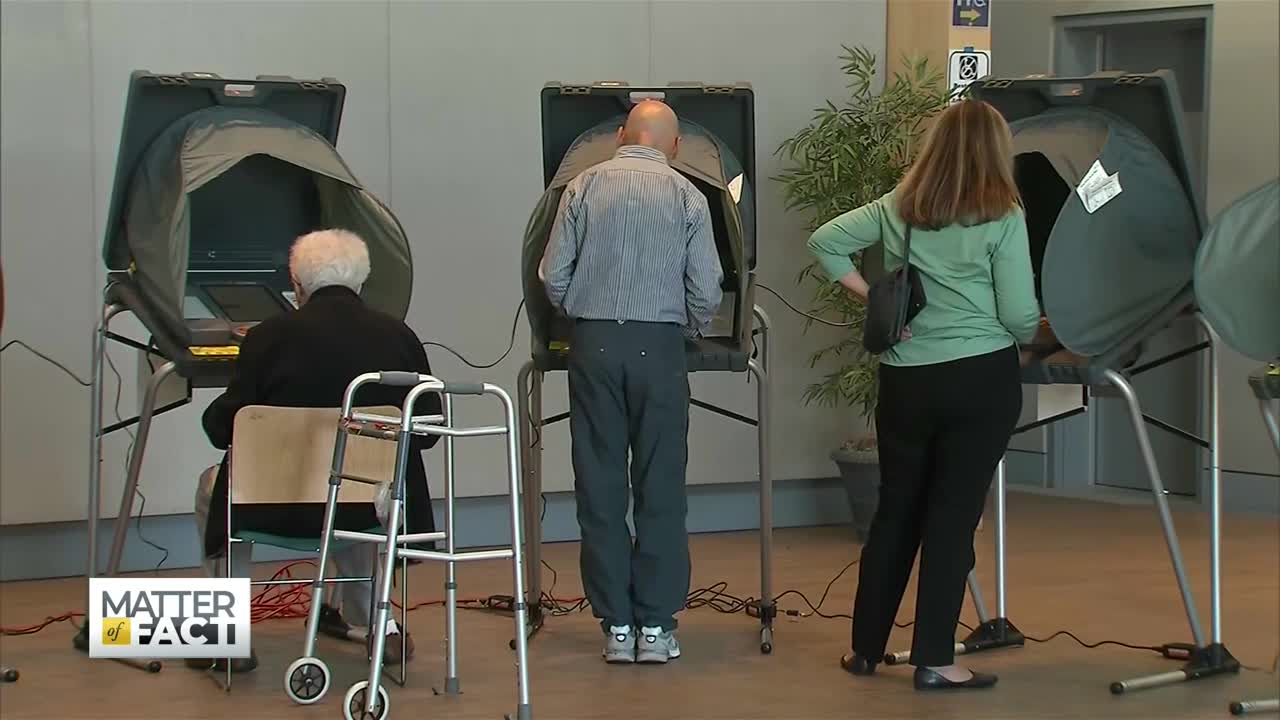
In the 2020 presidential primary, six women launched campaigns for the White House within the Democratic Party. While none made it to the top of ticket, it’s still a mark in history as the most women to ever run for president ever. Now, presumptive nominee Joe Biden has promised a woman will be his running mate. Kelly Dittmar is a professor of political science at Rutgers University-Camden and a scholar at the center of American Women and Politics. Soledad O’Brien talks with her about the role of gender in politics and the likability litmus test women candidates face.
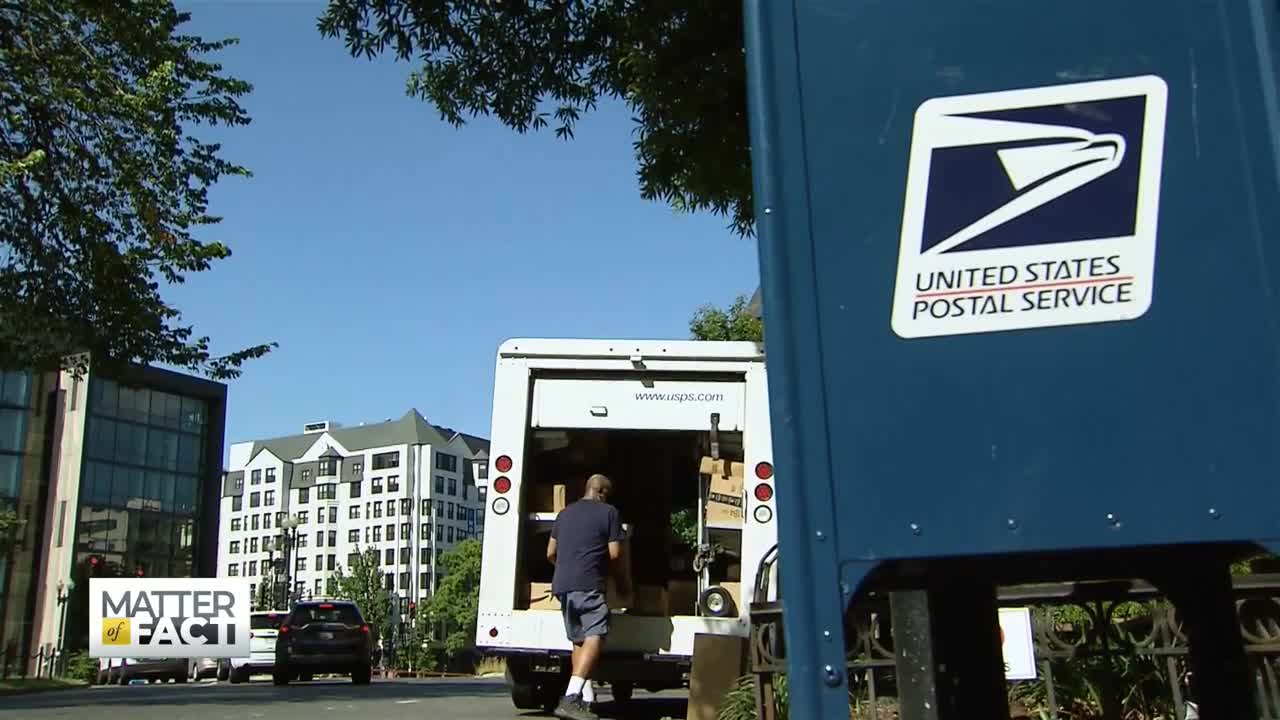
The U.S. Postal Service is set to run out of money by the end of the year. That is unless it gets a $75 billion payout from Congress. Historically, the agency has enjoyed bipartisan support, but now President Trump is threatening to withhold funding. If the national mail service runs out of funding, the ripple effects will be felt across the country, especially in rural America. Special Contributor Joie Chen shows us the Post Office’s past and its possible future.